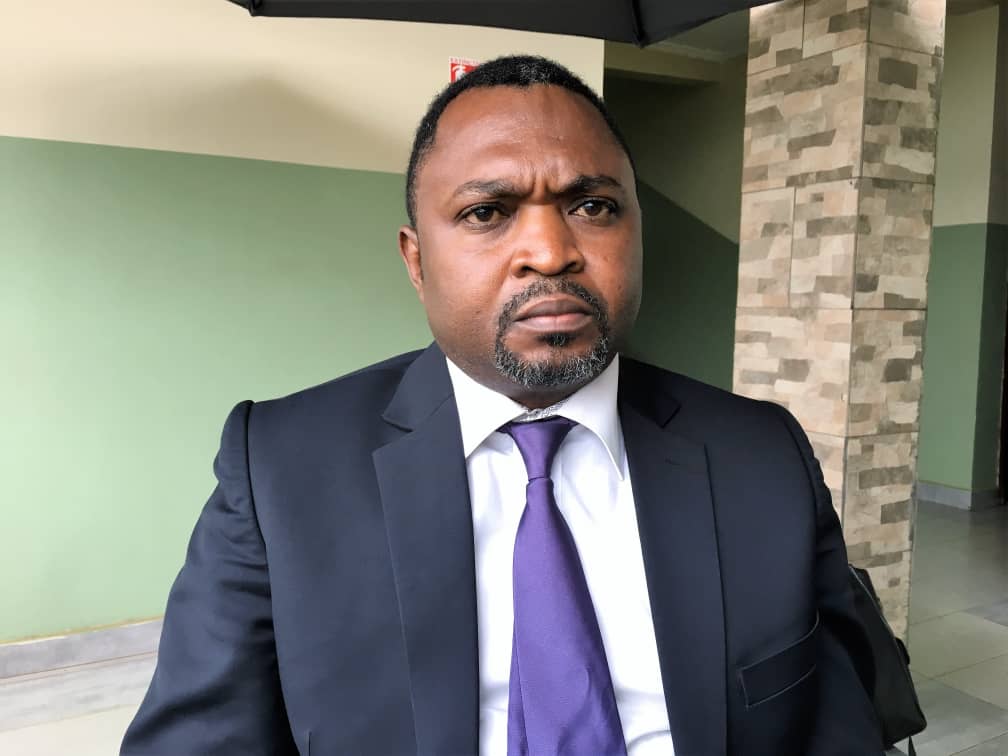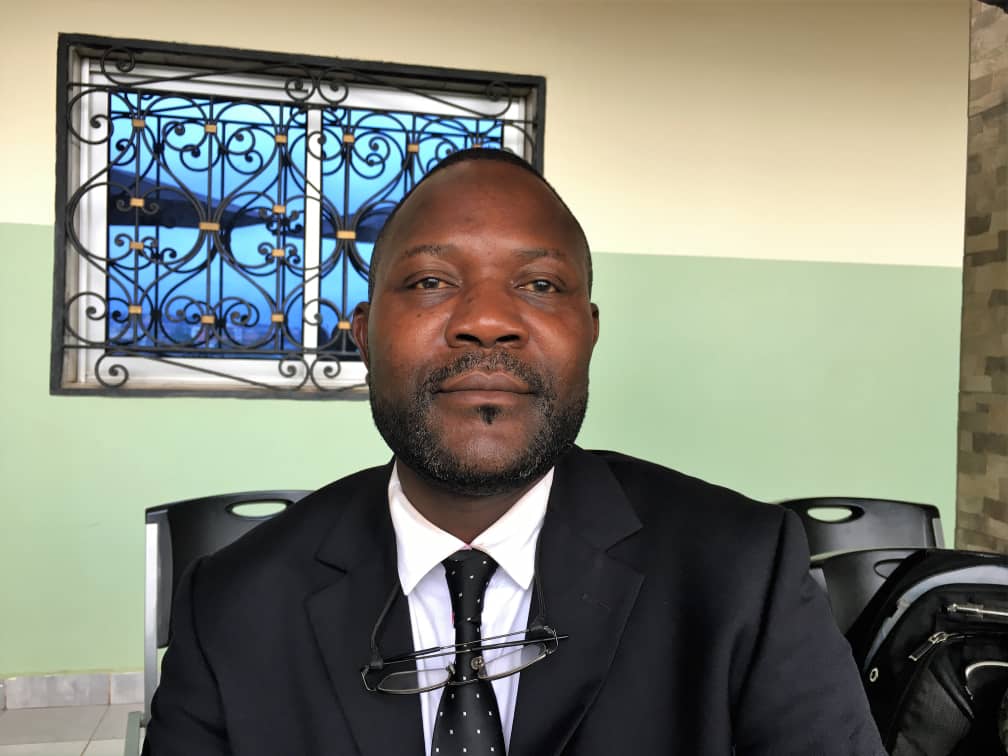Imagine that a Francophone civil law magistrate is posted to Bamenda, Wum, Buea or Kumba and he decides to conduct a trial and deliver judgement in French and that would be alright. The common law lawyer would speak in English and the magistrate in French.
Nothing would stop the francophone Histoire Geo Lecturer to teach his anglophone history students in French and he would be protected by law. That is what a draft law before parliament foresees how bilingualism will be practiced in the country. In fact, if this bill goes through in parliament, then anglophones would have gained absolutely nothing after three years of bloodletting over a problem that germinated from the friction in language use.
The overbearing use of French in common law courts and school system in Anglophone Cameroon is one of the triggers of the Ambazonia crisis that has wrecked the country’s economy, wasted thousands of lives and forced hundreds of thousands more from their communities. Last month, the government organised a national dialogue conference to solve the problem.
Speaking in at a Paris Peace Conference, President Paul Biya upheld the key recommendation of the conference – a Special Status for the English-speaking regions aimed at safeguarding their cultural and historical specificities. Logically, the current session of parliament was expected to define what the special status would actually comprise of.
Instead, a bill regulating the use of the country’s two official languages, French and English has been tabled. The tension it is provoking tensions was to be expected. Senator Kemende Henry is not amused, as he spoke to thevoicenews.net.
“We as the SDF opposition group are going to put up a standoff against this bill going through…that will appeal to the consciences of the rest of Cameroonians to join us to say this is an obnoxious bill, this is a bill that is intended to provoke the English-speaking Cameroonians and to make nonsense of the just concluded major national dialogue.”
In 2015, a francophone state prosecutor attempted to make submissions in French, arguing that he was at liberty to address the court in French. That was too much to much for the common law layers to stand.

Remember how lawyers were humiliated in the streets, teargassed, physically tormented and their gowns an wigs seized. Many of them were chased into exile, arrested and even jailed. Barrister George Sang was part of the lawyers’ protesting lawyers.
“Article 26 rather suggests that any French speaking magistrate can deliver judgement in French anywhere in the country. This is so serious because it is a clear indication that the government intends to maintain the French-speaking magistrates in common law courts. And these magistrates will have the latitude to dispense justice in French to a people who understand just English or even the lingua franca they call Pidgin English.”

To Barrister Joseph Fru, “this is another striking attempt by the government of Mr. Biya to monolinguals this country to make it French, to assimilate us, to integrate us. And we have to stand up and say no to this because. Because we started this, are lawyers are the ones to interpret it for the people. And if we cannot o it, there is nobody who can do it for us…This bill goes full circle as an insult to the efforts of the lawyers to correct a manifest injustice; and against the effort of anglophones to rise up and speak up for themselves for self realisation and self-determination.
Historian, and university don, Prof. Victor Julius Ngoh wants the bill withdrawn in its entirety.
“If the members of the house of assembly and the senators have the interest of the country at heart; have the interest of the unity and territorial integrity of the country at heart; have the interest of the unity and territorial integrity of the country at heart; then the bill should be rejected in its totality and sent back to the drawing board.”
Nevertheless, with a crushing majority in parliament, the ruling CPDM party has often passed every single draft law tabled by government, no matter how controversial they have been. Should the current bill being contested go through, a new front would have been opened in the current crisis.
LAST LINE
For a crisis that sparked off because of the domination of French on the Anglophone way of life, it is puzzling that the government would still be attempting to impose French on English-speaking Southern Cameroonians.
The government has not only ignored the causes of the conflict but has rubbished the president’s recognition of the historical and cultural back ground English speakers whom the government prefers to describe as people of the northwest and south west regions. And what the special status for the two English speaking regions pronounced by Paul Biya on a world stage in Paris? IS the president really aware of the bill in parliament? Or is someone trying to embarrass Mr. President?